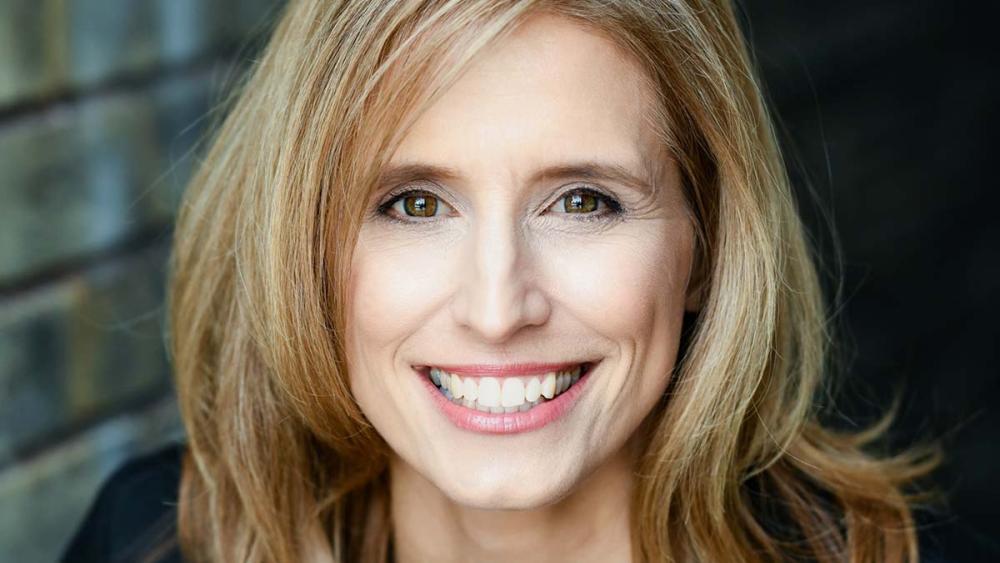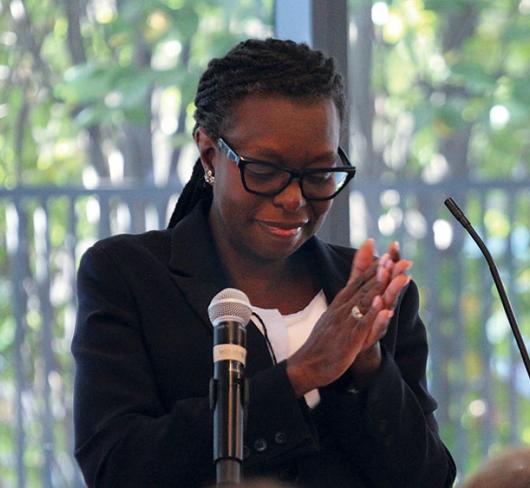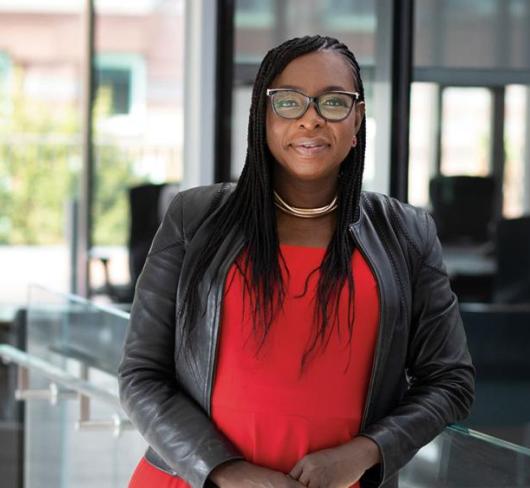
Dr. Sue Winton on Privatization Creep
Public education is the backbone of Ontario’s education system, but a new book called Unequal Benefits: Privatization and Public Education looks at some of the ways that privatization is creeping into public education spaces, and it might not be where you think. The author of the book, Dr. Sue Winton, spoke to the ETFO podcast Elementary.
You can listen to the full interview on Elementary: A Podcast from ETFO on most podcast apps or etfo.ca. The excerpt below has been edited and condensed.
Q: You start this book with a personal story. It’s a realization that you had. Can you talk a bit about that realization and how it affected your work?
I attended Scarborough public schools. And every month, my teacher would hand out a flyer from Scholastic and I would go over the flyer and I loved it; it was great to choose which book I would read. Then I became an elementary teacher and I thought it was the best way for me to build my library that I otherwise wouldn’t have the resources to fill. Later, I was a parent volunteering in my son’s Kindergarten class, and we were going to the Scholastic Book Fair, and a little boy looked up at me, and he said, “I want this one.” And I heard myself say: “Well, you’re going to have to go home and ask your parents for money.” That was the moment that I just thought to myself: “Okay, this is completely wrong.”
Q: You talk in the book about how Scholastic’s book fair is one of the ways that privatization shows itself in schools. Can you talk about other ways?
It is common in my field to recognize two distinct, but related, types of privatization. One is when you see greater private sector involvement in public education, that is private actors taking on roles that we used to see the state take on. So private actors maybe governing, building and maintaining buildings, for example or delivering education. Sometimes we see money going out of the public system to the private sector. Then the second category would be where the ideas of the private sector are being brought into schools such as the creation of markets in education. That is the language that is used in discussions of school choice. That’s one clear example of bringing the values and strategies of the private sector into the public sector.
Q: What are the long-term effects on public education?
The longest term effect is that it undermines and erodes democracy, a democracy where we have a society where people who are different from one another value one another’s differences, who are concerned about one another, who take care of each other, who support spending on goods and services that offer a benefit to everyone, not just the individual.
Q: You point out how privatization affects public school students and parents as well as teachers and education workers, can you talk a bit about that?
Privatization impacts them in different ways. For example, I’m going to picture that I’m a teacher, and I’m in a school without adequate funding so I need to seek additional funds through a fundraiser. It’s the time that teachers and other education workers may be spending on raising money that they could be spending differently. That time could have more value in terms of their work with students.
Q: What do you want people to take away from this book?
I just would remind everybody how public education is a public good. It’s something that all of us who live in society stand to benefit from when it is well funded, well supported. And it’s something that we should all value and continue to support and strive towards the best version of it that we can achieve.

